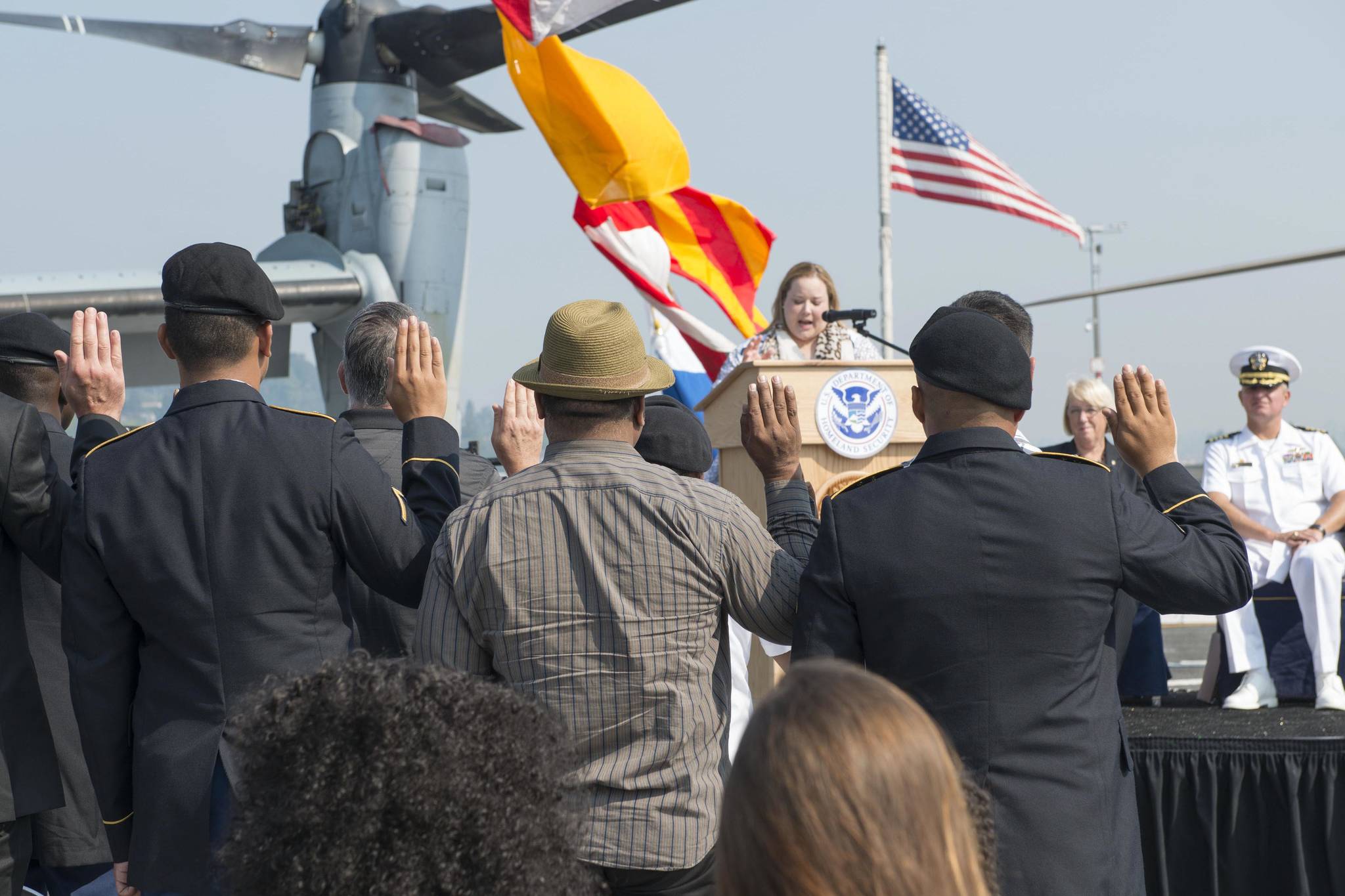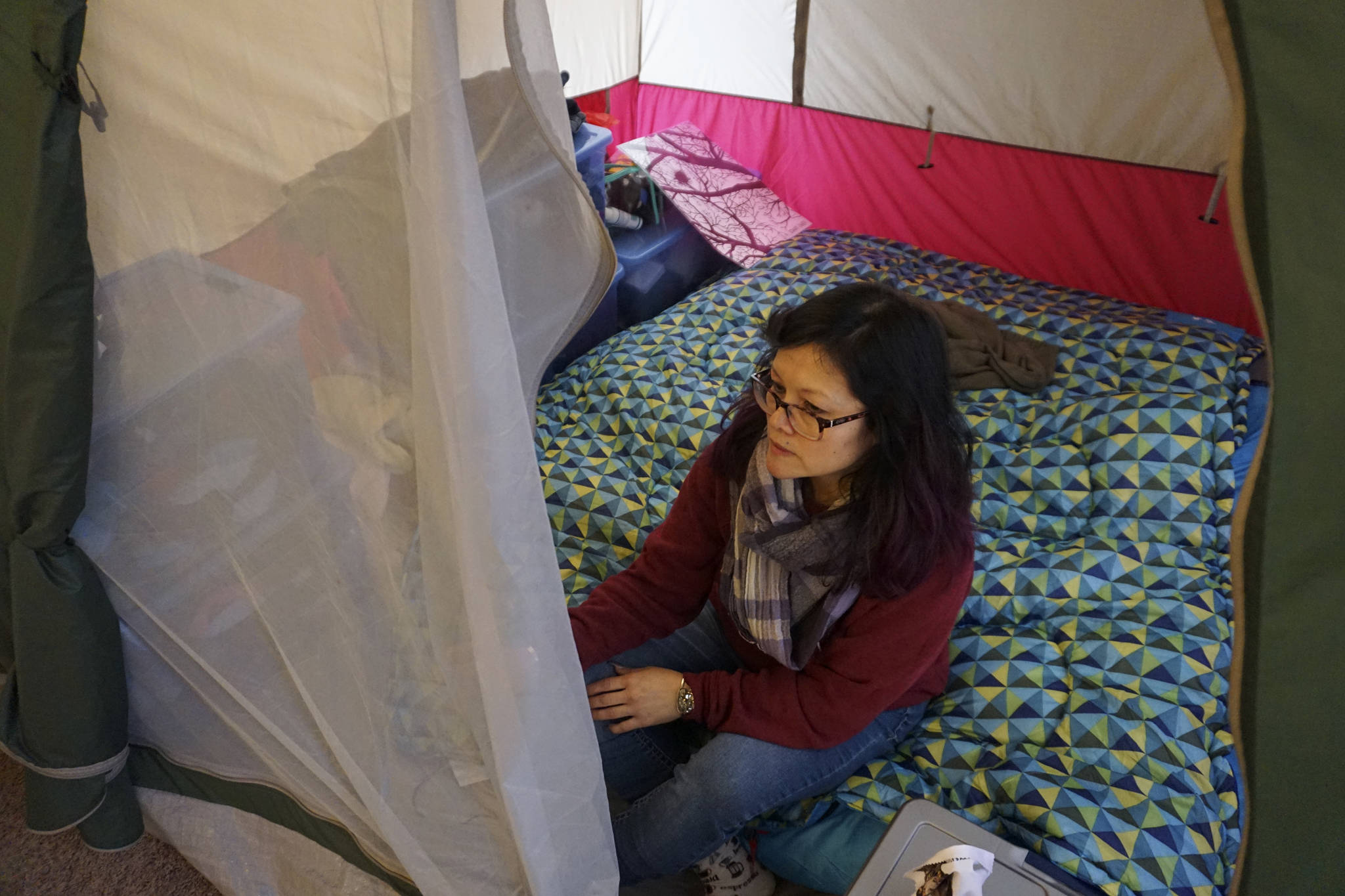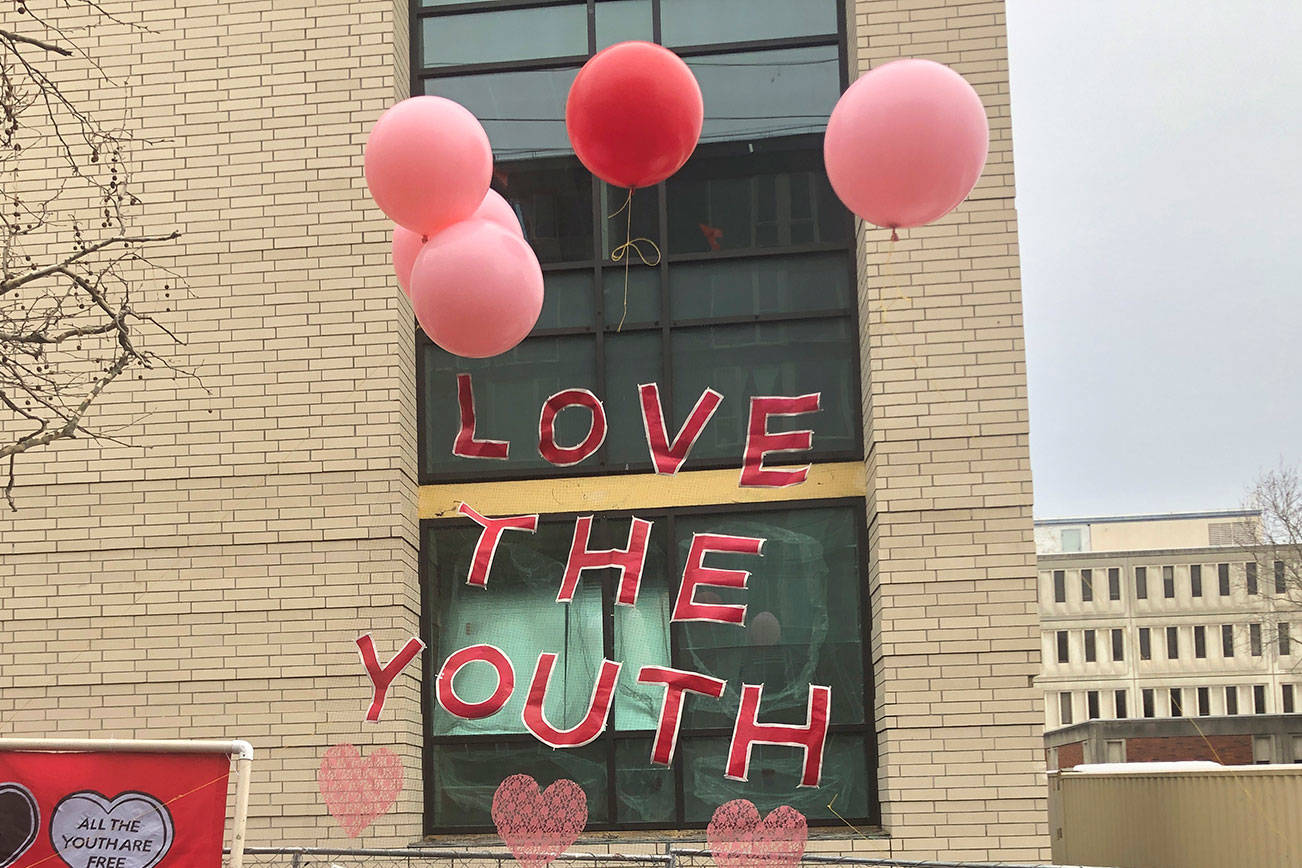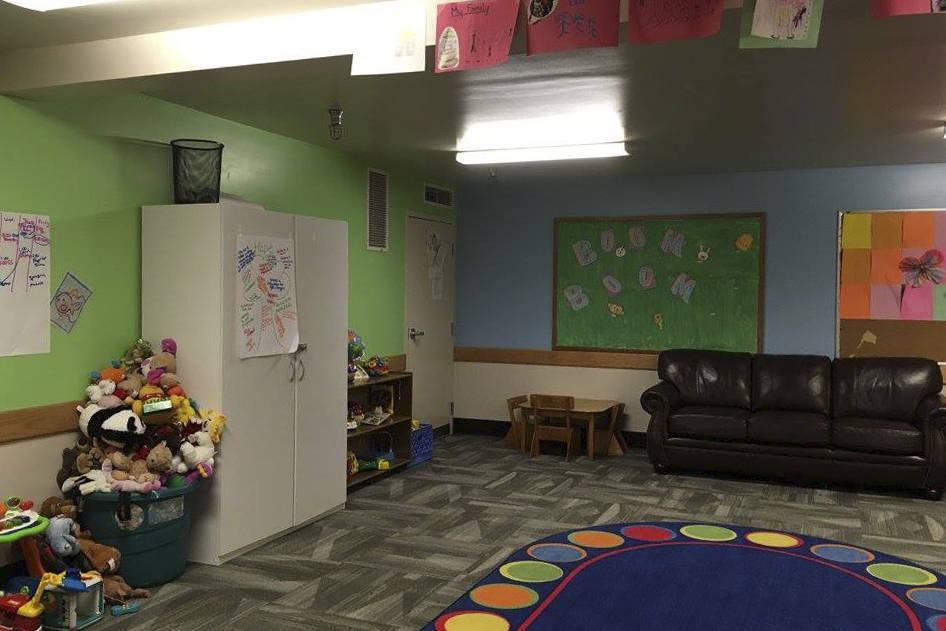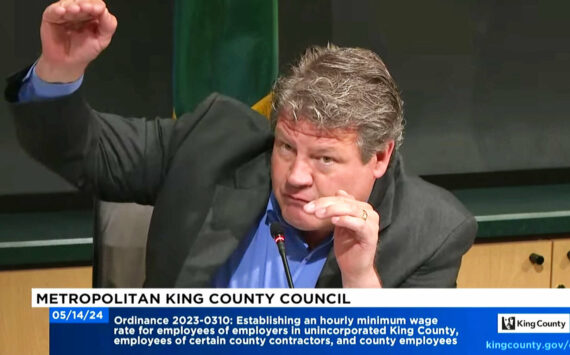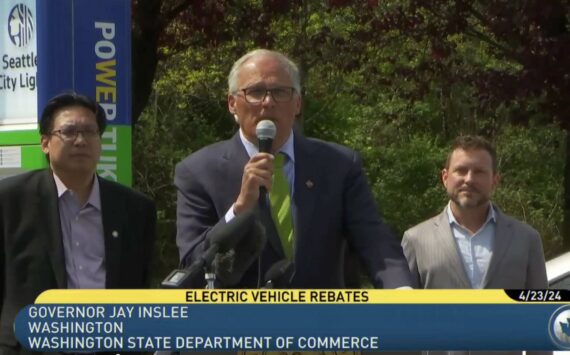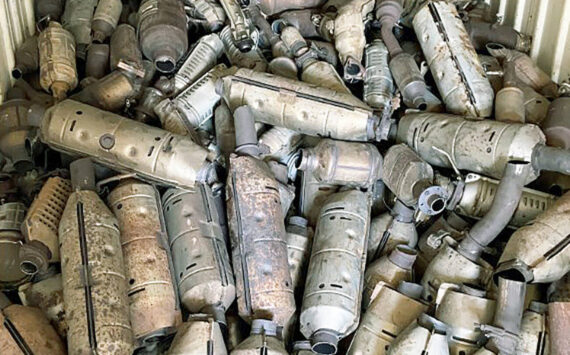Seattle has long welcomed the naturalization of legal permanent residents by offering free citizenship workshops to help immigrants navigate the sometimes lengthy process.
For instance, the city began combining state and local funding in 1998 to support non-profits that offer services for immigrants seeking citizenship. Then in 2016, the city created the New Citizen Campaign to provide legal assistance, citizenship education and outreach to thousands of local residents.
Such efforts have become all the more essential following the 2016 election of President Donald Trump, which spurred an unprecedented amount of green card holders to apply for citizenship nationwide. The increase in applications further burdened U.S. Citizenship and Immigration Services (USCIS)’s already beleaguered system, resulting in longer naturalization wait times.
In Seattle, the amount of pending naturalization applications has increased more than twofold from 7,785 in June 2016 to 18,707 in March 2018, according to USCIS data. As a result, the federal website lists a current estimated wait time of between 14.5 to 16.5 months for naturalization applications to be processed at the Seattle USCIS field office.
In recent weeks, Mayor Jenny Durkan and the Seattle City Council have sought to expedite the application process by pressuring USCIS to address the backlog, and in effect release thousands of Seattle residents from years of uncertainty.
On July 30, Durkan joined about 50 other mayors and county executives in urging USCIS Director Lee Francis Cissna to address the 753,352 pending applications nationwide and to reduce the processing wait time down to six months. In a letter to Cissna, the elected officials stated that the backlog has increased more than 87 percent in the past two years, and they predict it will take 25 years to return to the Obama-era backlog of 380,639 applications in 2015. They also requested that USCIS create a detailed plan to address the backlog, and that the agency share an analysis on the efficacy of past measures that sought to reduce wait times.
“It is unconscionable that this administration would choose to leave in limbo tens of thousands of immigrants who have already given so much to our country,” Durkan said in a statement. “The journey to become an American citizen is long and arduous – yet, under this administration, the backlog is exponentially increasing. The USCIS must work aggressively to end the backlog created by this administration and allow our immigrants and legal permanent residents to become full citizens of our nation fully engaged in the civic life of our great city.”
The processing delays are so insidious to immigrant rights advocates that the Chicago-based coalition National Partnership for New Americans deemed the backlog a “second wall” – a reference to Trump’s proposed barrier at the U.S.-Mexico border — that leads to voter suppression.
In an attempt to dissolve the proverbial wall, the Seattle City Council joined Durkan’s call for clearing the naturalization backlog by passing a resolution denouncing the increased delays on Aug. 13. The resolution states that Washington now has the ninth largest citizenship application backlog in the nation with over 20,000 pending applications, most of which are in Seattle.
It noted that the increased wait times reflected broader changes at USCIS following Cissna’s appointment, including the agency’s recent change of its mission statement to remove the phrase “nation of immigrants.” The recent changes have contributed to a reduction in “legal pathways to immigration,” the resolution states.
Along with condemning the increased processing times, the resolution demands that “USCIS urgently take specific, measurable and actionable steps to reduce the backlog and the waiting time for processing applications down to no longer than six months, consistent with past practice.”
Earlier this month, Seattle-based immigrant and refugee advocacy group, OneAmerica, and nine other organizations filed a FOIA request to reveal the cause of the processing delays.
“The second wall is yet another strategy that the Trump administration is utilizing to block immigrants and refugees from their right to citizenship,” OneAmerica Deputy Director Roxana Norouzi said in a statement. “Prolonging citizenship applications is a type of voter suppression which prevents immigrants from engaging in civic life and gaining protection from deportation.”
The backlog has prevented Seattle-area residents who have applied for naturalization from enjoying the freedom of mobility. A Washington resident for nearly 30 years, Verde San Juan, is one such immigrant who has waited 11 months for his citizenship application to be processed. “I’ve never really travelled, and now that I have the opportunity for U.S. citizenship, it’s a huge obstacle because I can’t leave the country while I’m waiting for my interview,” San Juan said in a statement.
mhellmann@seattleweekly.com
